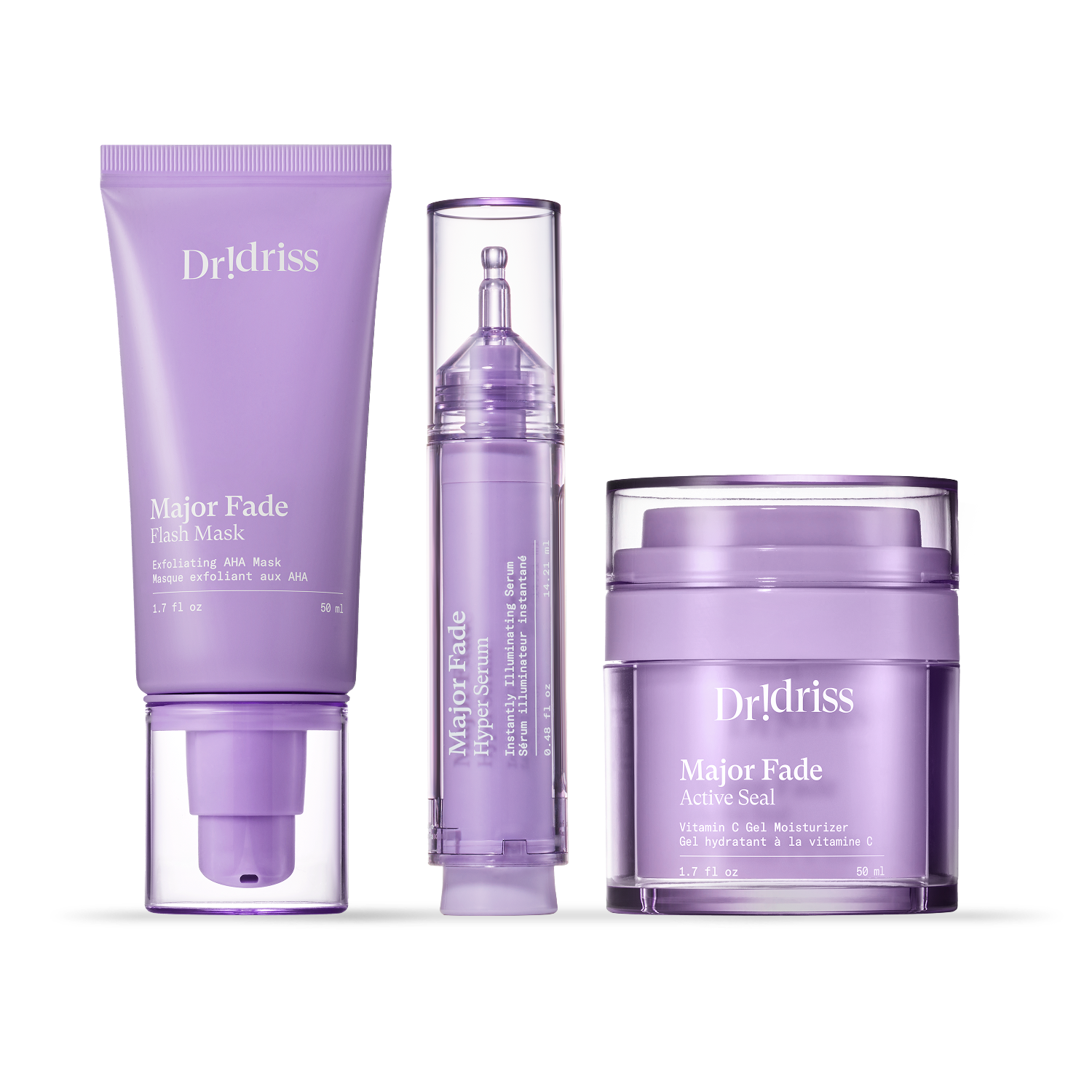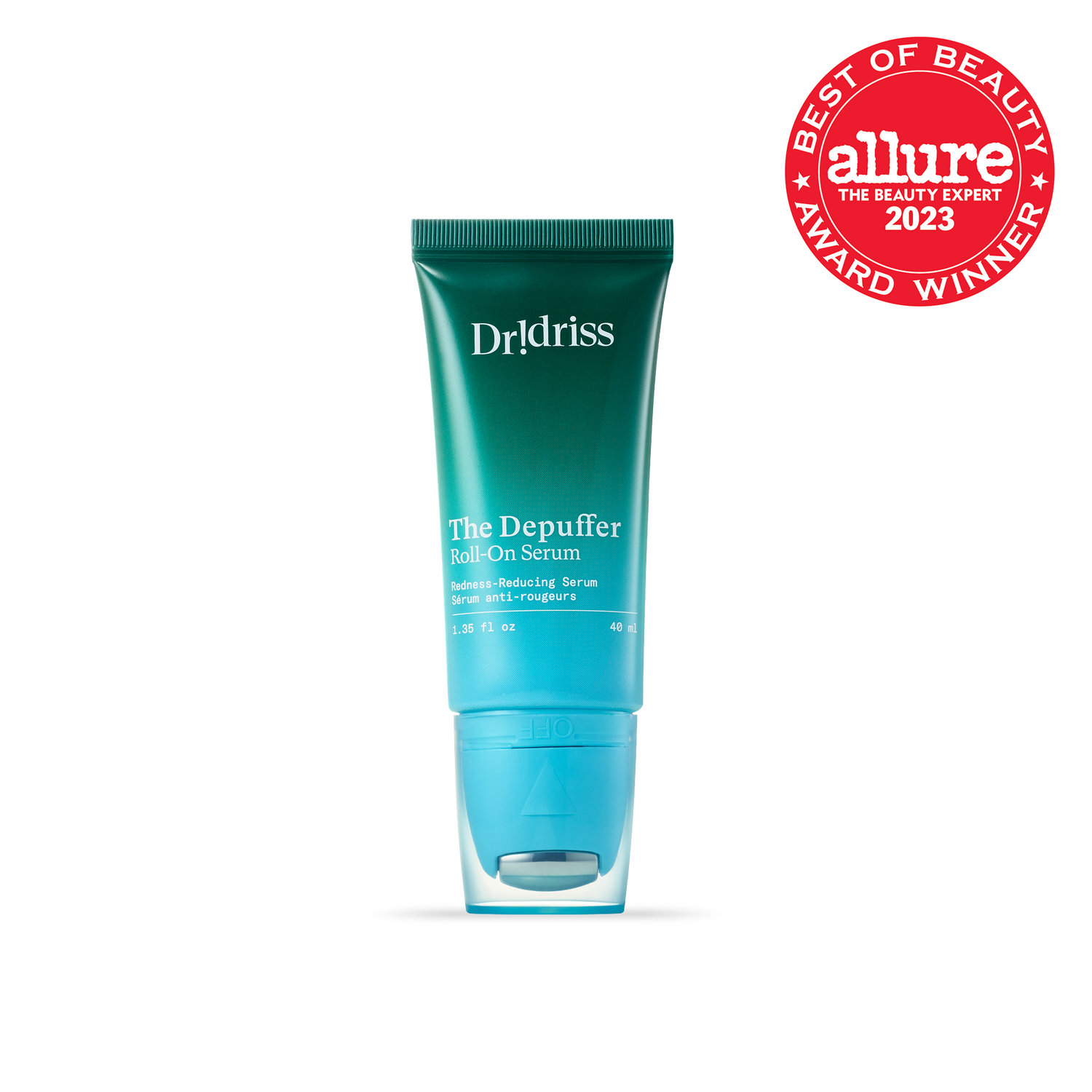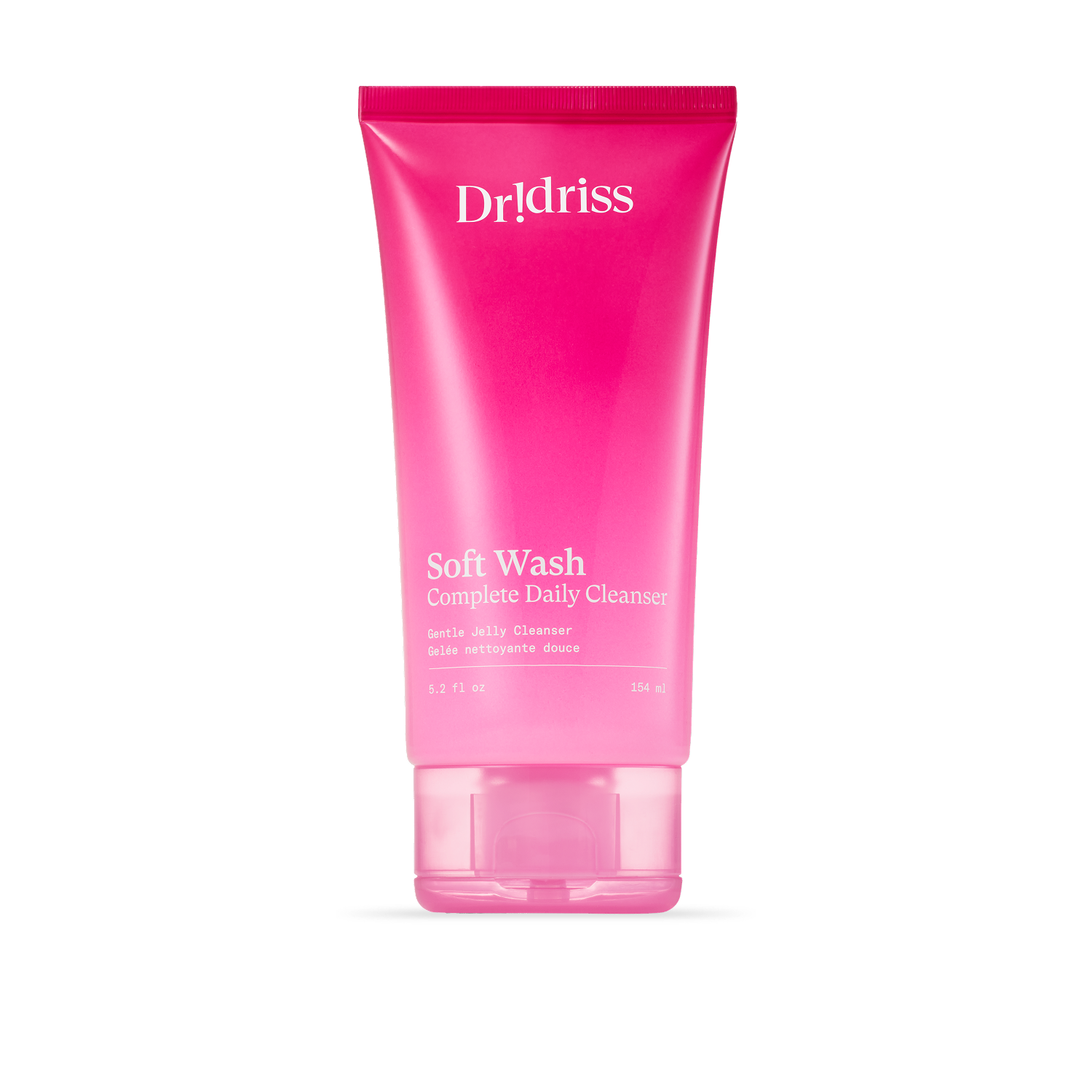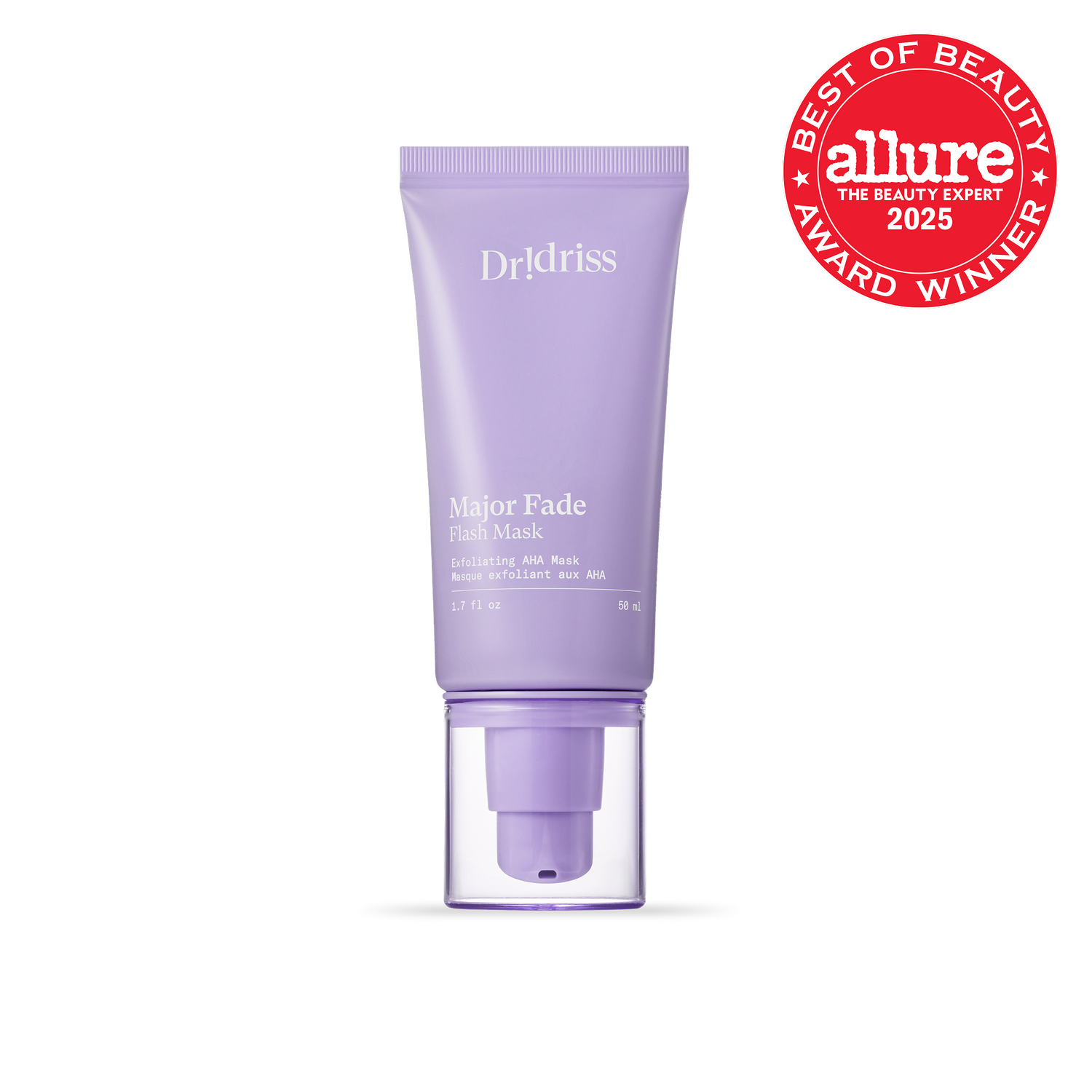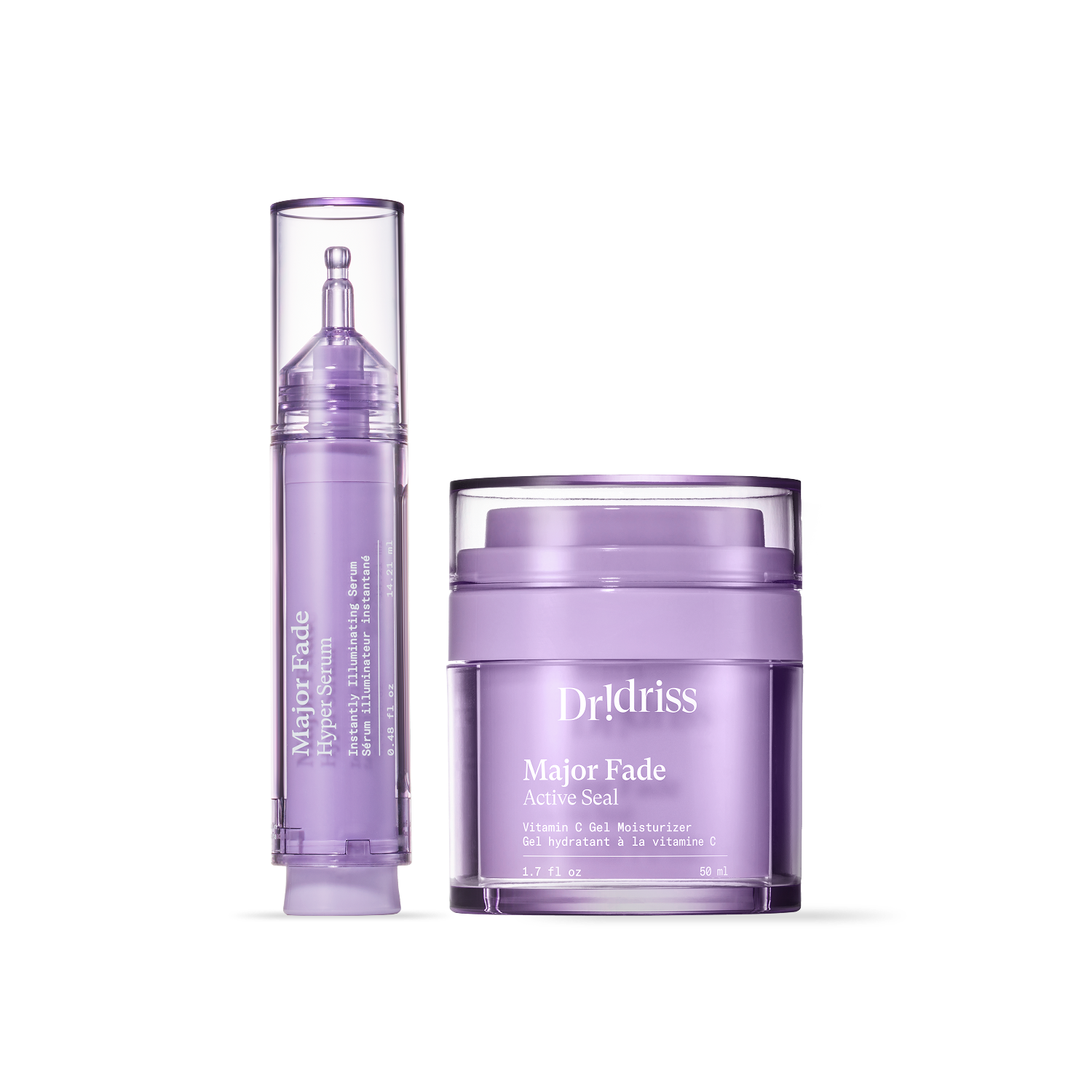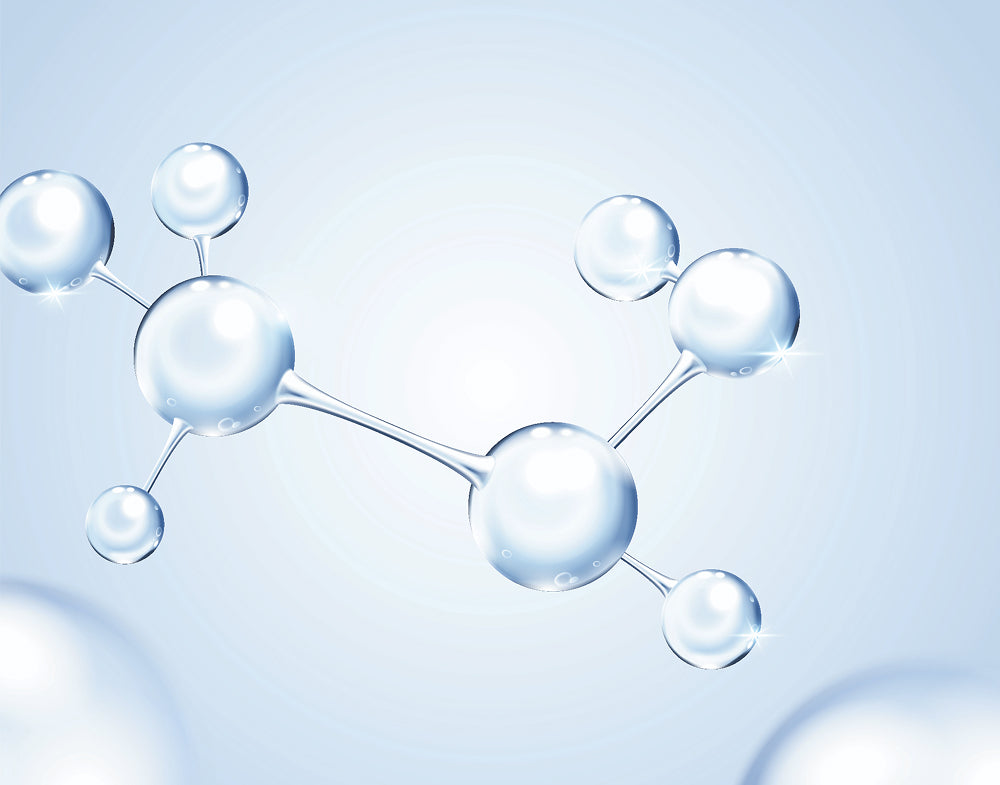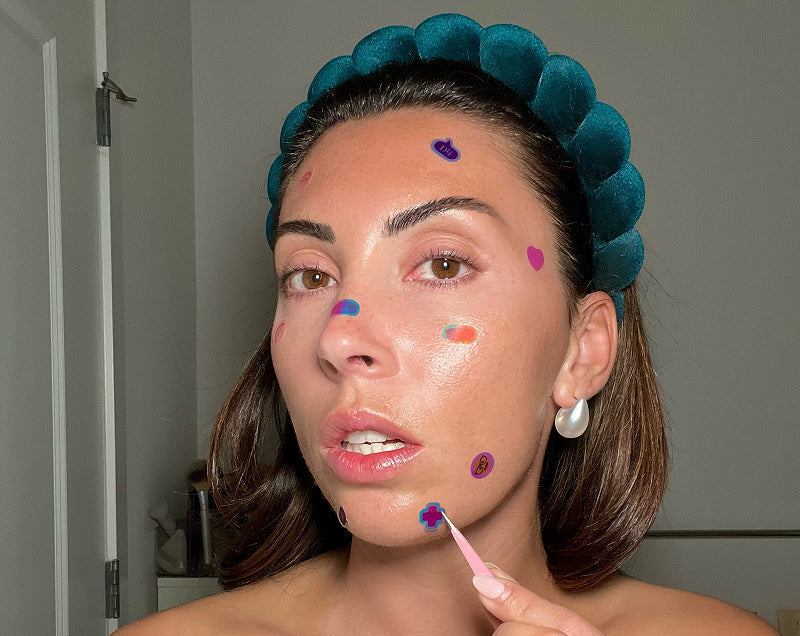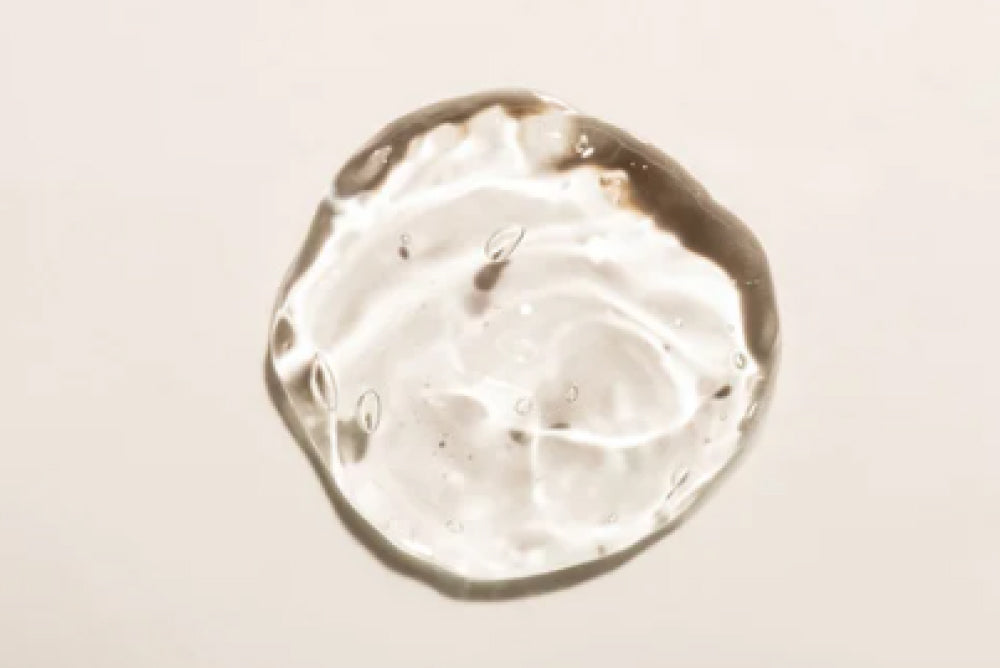Collagen is one of those ingredients that has skyrocketed across the beauty industry.
There are now billions of dollars behind this ingredient, and with that, many different companies are going to try to cash in on your insecurity. So do collagen powders, collagen pills, collagen creams actually work? That is the question of the hour, and the answer is — not really, (more scientific data is needed).
But before we get into the nitty-gritty of what you can do to help yourself, let's understand what collagen is.
What is collagen?
Collagen is a protein that makes up 25% to 35% of your body. In fact, it is the most abundant protein in your body. Collagen acts like a glue that holds our cells together, allowing our bodies and our tissues to expand and retract, giving our skin bounce and elasticity. We have collagen in our skin, bones, tendons, cartilage, blood vessels, joints, eyeballs. We have it everywhere. But not all collagen is created equal. There are at least 28 different types of collagen, with the three most common collagens being type 1, 2, and 3.
Type 1 and 3 often coexist together, with type 1 being found in our skin, bones, ligaments, and certain organs, and type 3 being found in our blood vessels, often combined with our skin, our bones, our joints, etc. These are the most abundant types of collagen that gives us our plump, youthful appearance with retractability, elasticity, and bounce.
So what causes collagen to decline?
There are six different reasons that cause our collagen to decline, starting with the most obvious:
1. The aging process. You start to lose 1% of your collagen starting in your mid-20s, and it goes down after that. Aging is probably the biggest factor that leads to collagen loss.
2. Sun exposure. I'm not here to make you guys scared of the sun. However, prolonged exposure to UV radiation triggers something called Matrix Metalloproteinase (MMPs) in your tissue. Proteinase breaks down protein in your tissue, causing the breakdown of collagen, leading to early lines, wrinkles and saggy skin.
3. Lifestyle. I'm not here to preach “don't drink, don't eat sugar, don't do this” (Except for smoking, I am here to preach against). Smoking is one of the most harmful things for your skin because you’re limiting the blood supply to your skin which will break down collagen faster. Excessive alcohol consumption can also break down your collagen faster because it is related to certain nutritional deficiencies. Alcohol also equals sugar, and a lot of sugar over time can lead to inflammation and breaking down of your collagen. But don't forget, everything in moderation is key!
4. Hormonal changes. A big one is menopause. Estrogen gets depleted in menopause, and estrogen is needed for collagen synthesis. That is something we have to go through, and we just have to be prepared on how to address it.
5. Poor diet and nutritional deficiencies. Vitamin C is an ingredient that is needed in collagen production. Zinc and copper deficiencies can lead to a collagen imbalance. Having a well-balanced diet with all of these different ingredients, amino acid and protein can give you your best chance of looking more plump and elastic over time.
6. And last, chronic health conditions like autoimmune disorders, diabetes, or even genetic disorders can impact your collagen production and integrity.
How can you boost collagen?
Watch this video where Dr. Shereene Idriss lists the 7 proven ways to boost your collagen production.





